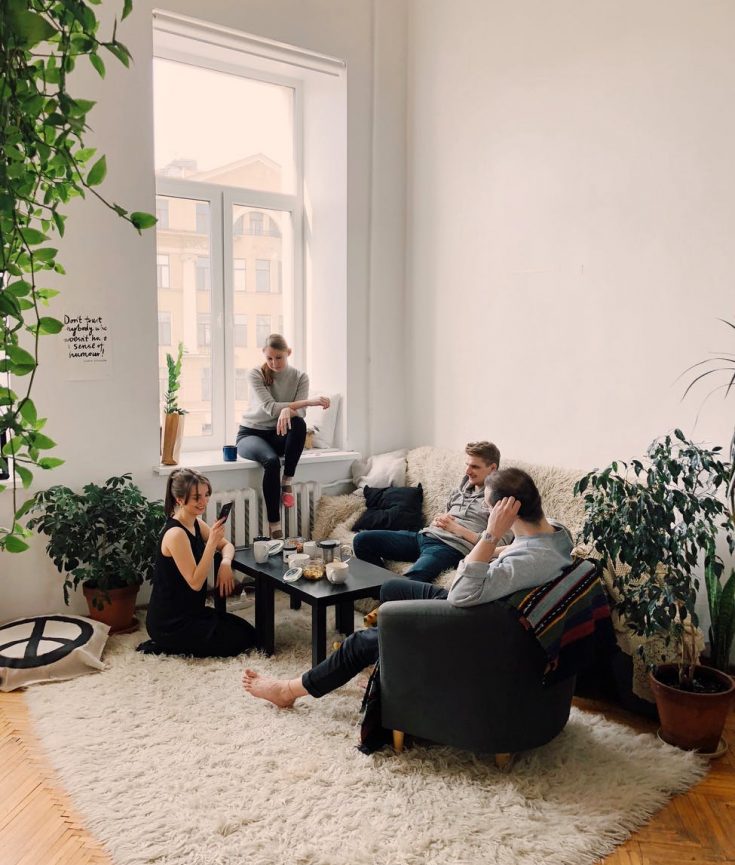Keeping your family protected on a day-to-day basis comes as second nature to most of us, and even when we are in the comfort of our own homes, we would still do anything to keep our nearest and dearest safe. Our homes are our safety net when things get tough and the place where we usually feel the least vulnerable, so it’s important to make them as safe as possible. Here are some handy tips on keeping your home and family protected.
Smoke alarms
Having smoke alarms installed in various areas of your home is fundamental for your safety. They are readily available in both hard-wired and battery-operated formats and will alert you when a fire or excessive smoke is detected.
Hard-wired smoke alarms are connected to your main electrical supply, reducing the worry about batteries running down or your home not being fully protected. They also come with a battery back up so that in the event of a power cut, they will continue to work. Battery alarms are just as effective, but you must replace the batteries every year and carry out tests regularly to check that the alarm is functioning as it should be.
Many fire brigades will carry out free fire safety checks and will offer advice on where best to place the alarms. A smoke alarm could save your life, so if you don’t have them fitted around your home, deal with it immediately.
Home security alarm systems
Security alarms protect your family and your home in the event of someone trying to break in. Motion sensors are placed around the home and, in the event of movement being detected, will trigger an alarm.
Many home alarm systems have built-in cameras that can be monitored around the clock by a security company that will respond when they are alerted to a security breach. This comes in very handy if you are on holiday or going to be out for long periods. It gives you the peace of mind that your home and belongings are protected and that someone is watching over your home while you are away. Many security companies offer varying levels of monitoring, so it’s a good idea to review the options and decide what would be best for your home set up.
It’s also crucial that you know how your alarm system works so that you can switch it on and off as necessary and test it from time to time.
Lighting
Lighting can make a big difference to the protection levels of your home.
Make sure that the driveways, garages, and garden grounds surrounding your property, are fitted with adequate levels of lighting. If you or a member of your family is coming home late in the evening, a well-lit access route to your property will not only make them feel safer, but reduce the chances of any unwanted visitors lurking around unnoticed. Motion sensor lighting in particular is very handy as it will go on when anyone is within a certain distance.
Burglars are far more likely to try and enter a home that is in complete darkness, so if you are going out, leave a few lights on to make it appear that your home is occupied. When going on holiday, set your indoor lights on a timer so your property isn’t in darkness for long periods. If you don’t have lighting timers, ask a neighbor to visit your property every few days to close curtains and put lights on. It will let anyone who might be watching your property know that there is someone around and could minimize the risk of your home being targetted.

